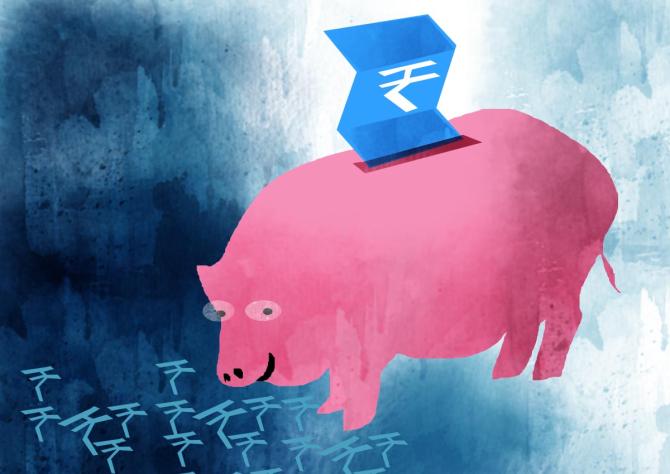Actively-managed large-cap mutual fund (MF) schemes have managed to regain some lost sheen this year after faring poorly in the 2022 calendar year (CY22).

At the end of the first six months (H1) of CY23, 78 per cent of the active large-cap schemes were ahead of the Nifty50 index funds as against just 26 per cent in 2022.
When compared to the Sensex index funds, 61 per cent active funds have delivered better returns, shows an analysis of Value Research data.
The Nifty total return index (TRI) and the Sensex TRI gained 6.6 per cent and 7.2 per cent, respectively, during H1CY23.
Index funds and exchange-traded funds (ETFs) mimic the returns of their underlying indices, while the fund managers look to outpace them.
Five active large-cap schemes have delivered double-digit returns during H1 and 22 others have delivered gains of more than 6.6 per cent.
Fund managers attribute this outperformance to a broad-based recovery in the market and sharp surge in mid-caps and small-caps.
Active large-cap fund managers are allowed to invest up to 20 per cent of the corpus in mid-cap and small-cap stocks and hence their relative performance has a bearing on the performance of active funds.
In H1CY23, BSE Midcap index went up 13.7 per cent and BSE Smallcap index rose 12.7 per cent.
By comparison, Sensex went up 6.4 per cent.
"One of the reasons is comparatively better performance of mid-caps and small-caps this year.
"The fact that this has been a broad-based rally, diversified active funds have benefited," said Bharat Lahoti, fund manager of Edelweiss Largecap Fund.
Fund managers also got their sectoral allocations right, with their winning bets on sectors like industrials and capital goods.
"With earnings growth back to a larger cross-section of companies and sectors, the opportunity to generate alpha has gone up.
"Run up in stocks of sectors like industrials, capital goods and even the hotel sectors, which are under-represented in the index due to poor performance over the past decade, gave a leg up to fund managers who had allotted higher weighting to these sectors ahead of time due to high conviction," said Sailesh Raj Bhan, chief investment officer (CIO), equity, Nippon India MF.
As per Amit Nigam, fund manager of Invesco India large cap fund, stock selection and continuity in style and strategy is crucial to delivering outperformance.
"Apart from the stock selection and sectoral allocations, sticking to our 'growth' style paid dividends this time.
"Growth stocks have fared better YTD vis-a-vis value YTD, leading to improvement in our performance," he said.
Fund managers also benefit from certain flaws in the way indices operate.
The fact that they do not take into account fundamental metrics of stocks like valuations and corporate governance issues, the performance of ETFs can get weighed down in some market phases.
The latest example being sell-off in the Adani Group stocks seen earlier this year.
Two stocks belonging to the ports-to-power conglomerate are a part of the Nifty50 index, both of whom saw a drastic correction following the allegations made by New York-based Hindenburg Research.
The steep fall weighed down the performance of the Nifty50 and the Nifty Next 50 indices.
Almost all active schemes remained unscathed, thanks to their almost nil exposure to Adani Group stocks.
One of the reasons cited by fund managers for avoiding Adani stocks is excessive valuations and leverage.
Active large-cap fund managers face bigger challenges in their pursuit of alpha compared to those managing small-cap or mid-cap oriented schemes.
Among them are a limited set of stocks, negligible pricing anomalies or information asymmetry that help certain fund managers make outsized gains.
The 10 per cent cap on single stock exposure also acts as a constraint for fund managers.
With the HDFC-HDFC Bank merger, the large-cap indices – the Sensex and the Nifty50 -- will have over 10 per cent exposure to the merged entity.
Already, Reliance Industries has a weighting of little over 10 per cent.
Outperformance in these index heavyweights puts fund managers in a difficult spot and further queers the pitch for alpha generation.












 © 2025
© 2025